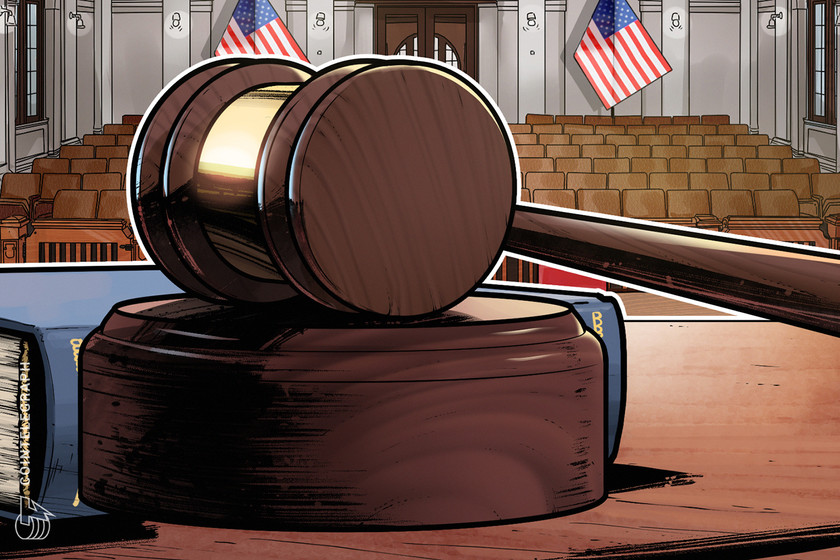New House Financial Services Committee chair wants to delay crypto tax changes


U.S. Republican Representative Patrick McHenry called for clarification on a “poorly” written digital asset tax provision in a letter to the Treasury.
The incoming United States House Financial Services Committee chair, Patrick McHenry, wants the Treasury to delay implementing a section of the Infrastructure Investment and Jobs Act that deals with digital assets and tax collection.
McHenry sent a letter on Dec. 14 to U.S. Treasury Secretary Janet Yellen with questions and concerns about the scope of Section 80603 of the act. In the letter, he requested clarification over the “poorly drafted” and potentially privacy-compromising section that deals with the taxation of digital assets, scheduled to go into effect next year.
He said the section requires the government to treat digital assets as the equivalent of cash for tax purposes, which could “jeopardize” the privacy of Americans and hamp innovation.
The section, called “Information Reporting for Brokers and Digital Assets,” requires brokers to report certain information relating to dealing with digital assets to the Internal Revenue Service (IRS).
McHenry argues the section has been drafted badly and that the term “brokers” could be “wrongly interpreted” as applying to a wider range of people and companies than intended.
The Act contains a provision requiring individuals or entities engaging in a trade or business to report to the IRS any digital asset transactions that exceed $10,000.
The requirement was challenged earlier this year by Coin Center, a nonprofit advocacy group focused on blockchain technology, which filed a lawsuit against the Treasury arguing that the rule will impose a “mass surveillance” regime on U.S. citizens.
Related: Sens. Warren and Marshall introduce new money-laundering legislation for crypto
According to Fordham International Law Journal, the section is likely to impose reporting requirements on the major cryptocurrency exchanges that already have user information, including customers’ names, addresses and social security numbers.
McHenry acknowledged it was a positive step forward to see the Treasury Department state that “ancillary parties” should not be subject to the same reporting requirements as brokers.
In February, U.S. Senator Rob Portman tweeted a letter from U.S. Assistant Secretary for Legislative Affairs Jonathan Davies that clarified that parties such as crypto miners and stakers are not subject to the new legislation.
McHenry’s letter concluded by requesting the Treasury “immediately” publish the rules under the section and delay its effective date to give market participants time to comply with any new requirements.
It’s the second letter McHenry has sent to Yellen this year, having sent her a letter on Jan. 26 urging the Treasury secretary to clarify the definition of a broker.








